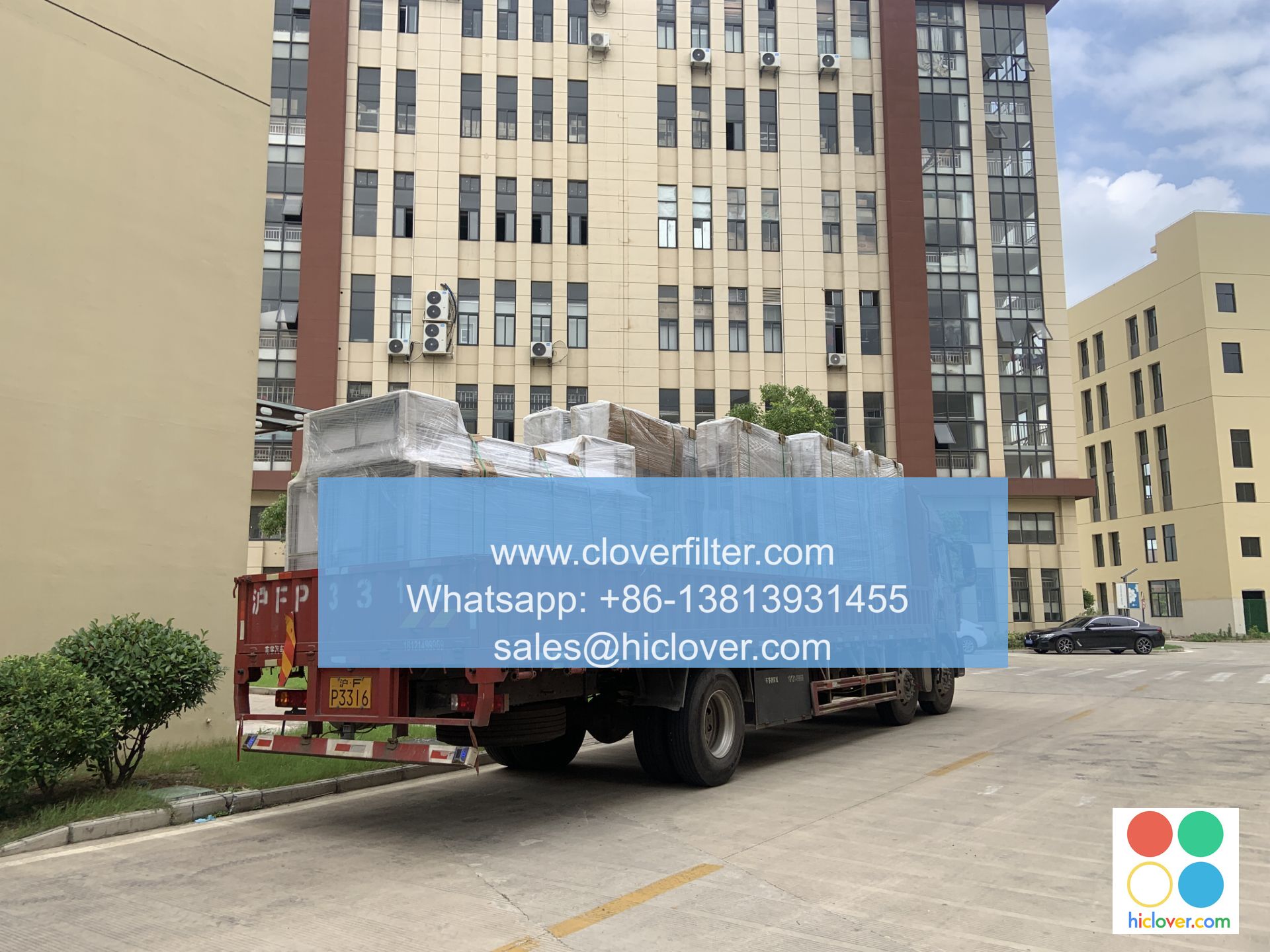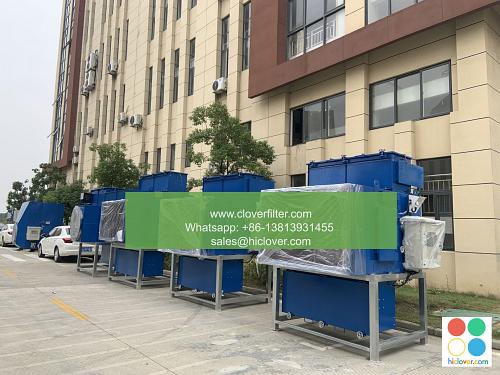Comparing Air Filtration Systems: Automatic Roll Air Filters vs. Traditional Filters in Medical Labs

The importance of clean air in medical laboratories cannot be overstated. Air filtration systems play a crucial role in maintaining a sterile environment, protecting sensitive equipment, and ensuring the health and safety of laboratory personnel. Two popular types of air filtration systems used in medical labs are automatic roll air filters and traditional filters. In this article, we will compare these two systems, highlighting their application areas, advantages, and disadvantages, with a focus on HEPA filtration, ultra-low particulate air (ULPA) filtration, and gas phase filtration.
Introduction to Air Filtration Systems
Medical laboratories require high-efficiency air filtration systems to remove airborne contaminants, such as particulate matter, bacteria, virus, and gases. These systems help prevent cross-contamination, maintain a sterile environment, and protect sensitive equipment. Both automatic roll air filters and traditional filters are designed to provide clean air and optimal filtration, but they differ in their design, operation, and application areas.
Automatic Roll Air Filters
Automatic roll air filters, also known as roll filters or self-cleaning filters, are designed to provide continuous filtration with minimal maintenance. These filters use a rolling mechanism to advance a new filter media, ensuring a consistent airflow and efficiency. Key advantages of automatic roll air filters include:
* Low maintenance costs
* Reduced labor costs
* Increased filter life
* Improved air quality
Automatic roll air filters are commonly used in laboratory settings, such as clinical labs, research labs, and biological labs, where high-efficiency filtration is required.
Traditional Filters
Traditional filters, also known as panel filters or pleated filters, are widely used in various application areas, including medical laboratories. These filters use a fixed filter media and require regular replacement or cleaning. Key advantages of traditional filters include:
* Low initial costs
* Wide availability
* Easy installation
However, traditional filters have some disadvantages, such as:
* Higher maintenance costs
* Reduced filter life
* Potential for filter bypass
Traditional filters are commonly used in medical labs, such as hospital labs, clinical labs, and pharmaceutical labs, where moderate filtration is required.
Comparison of Automatic Roll Air Filters and Traditional Filters
The following table summarizes the key differences between automatic roll air filters and traditional filters:
| Feature | Automatic Roll Air Filters | Traditional Filters |
| — | — | — |
| Filtration efficiency | High | Moderate |
| Maintenance costs | Low | High |
| Filter life | Long | Short |
| Application areas | Laboratory settings | Medical labs, hospital labs |
| Initial costs | High | Low |
In conclusion, both automatic roll air filters and traditional filters have their advantages and disadvantages, and the choice of air filtration system depends on the specific application area and requirements of the medical laboratory. Air filtration systems with HEPA filtration, ULPA filtration, and gas phase filtration capabilities are essential for maintaining a sterile environment and protecting sensitive equipment in medical laboratories. By understanding the differences between automatic roll air filters and traditional filters, laboratory professionals can make informed decisions about the best air filtration system for their specific needs.

